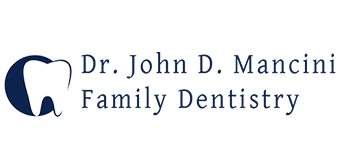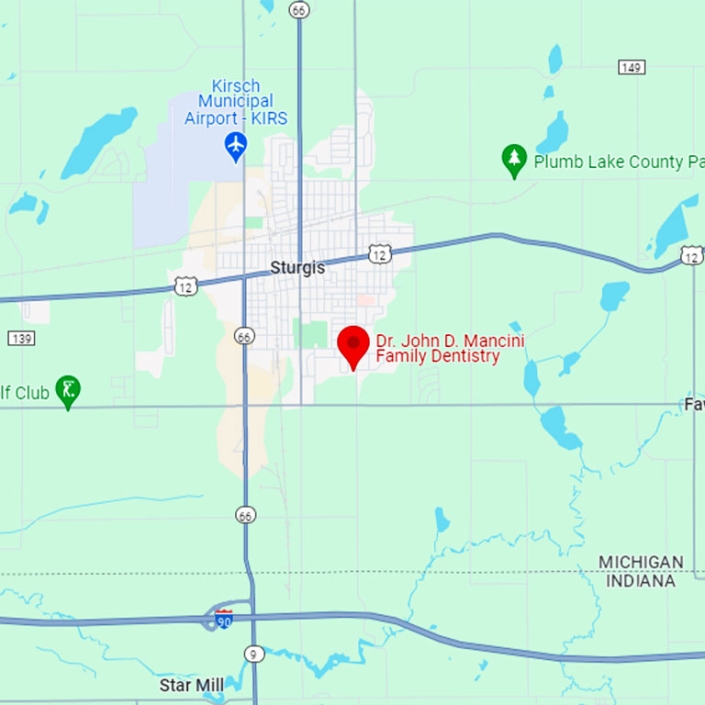Associate Providers
There are times when the skills of a specialist are required to provide a patient the quality care they need. We may at times refer one of our clients to a specialist in one of the listed specialties.
Endodontics
Involves prevention, diagnosis, and treatment of diseased pulp. The pulp is the central portion of the tooth that contains nerves and blood vessels. Severe dental decay and other injuries may cause infection or death of the pulp. This pulp can be removed by a process known as root canal treatment. Once removed, the pulp can be replaced with special filling material. Such treatment saves many teeth that would otherwise be lost.
Oral Surgery
Is concerned with the surgical correction of oral problems. Many of these problems are associated with the third molars, also called wisdom teeth. These last teeth often have insufficient space or may be impacted (covered with tissue or bone). Oral surgeons also remove tumors and cysts from the mouth and treat teeth and jaw fractures caused by injuries. They also correct cosmetic problems of the jaws and face, using methods similar to plastic surgery.
Orthodontics
Specializes in the correction and prevention of irregularities of the position of teeth. These irregularities usually happen as the teeth grow during early childhood and may produce malocclusion (bad bite). The majority of malocclusions occur because the teeth are too large for the amount of jaw space available. As a result, the teeth become crowded. Orthodontists correct malocclusions with braces or other mechanical devices that move the teeth into a better position. They may also use orthodontic techniques to correct facial profile irregularities.
Periodontics
Periodontics is that specialty of dentistry which encompasses the prevention, diagnosis and treatment of diseases of the supporting and surrounding tissues of the teeth or their substitutes and the maintenance of the health, function and esthetics of these structures and tissues.
Oral Pathology
Deals mainly with the diagnosis of mouth diseases using laboratory procedures. Soft or hard tissues from the patient’s mouth may be examined with the aid of a microscope to identify tumors or other disorders. Some oral pathologists also specialize in forensic dentistry, which applies oral pathology to legal cases. These specialists are frequently called upon to identify dead people by comparing dental records with the teeth and tissues of the deceased.
Prosthodontics
Deals with the replacement of missing or damaged teeth. Replacement often involves the construction of complete or partial dentures, which are removable devices. Sometimes missing teeth are replaced by bridgework cemented to the remaining teeth. Implants placed in the bone may also support replacement teeth, which are made of plastic, porcelain, gold or other metals.


